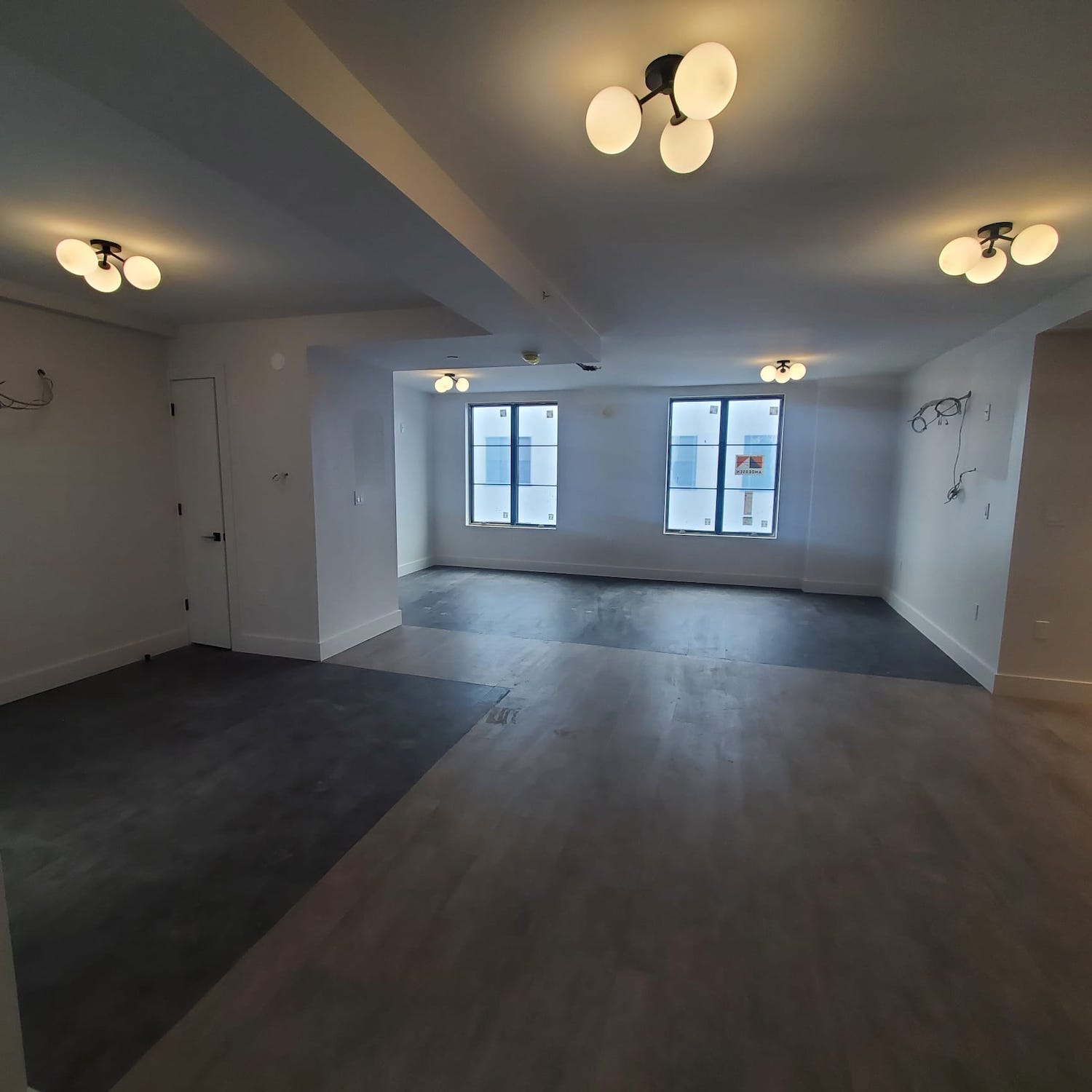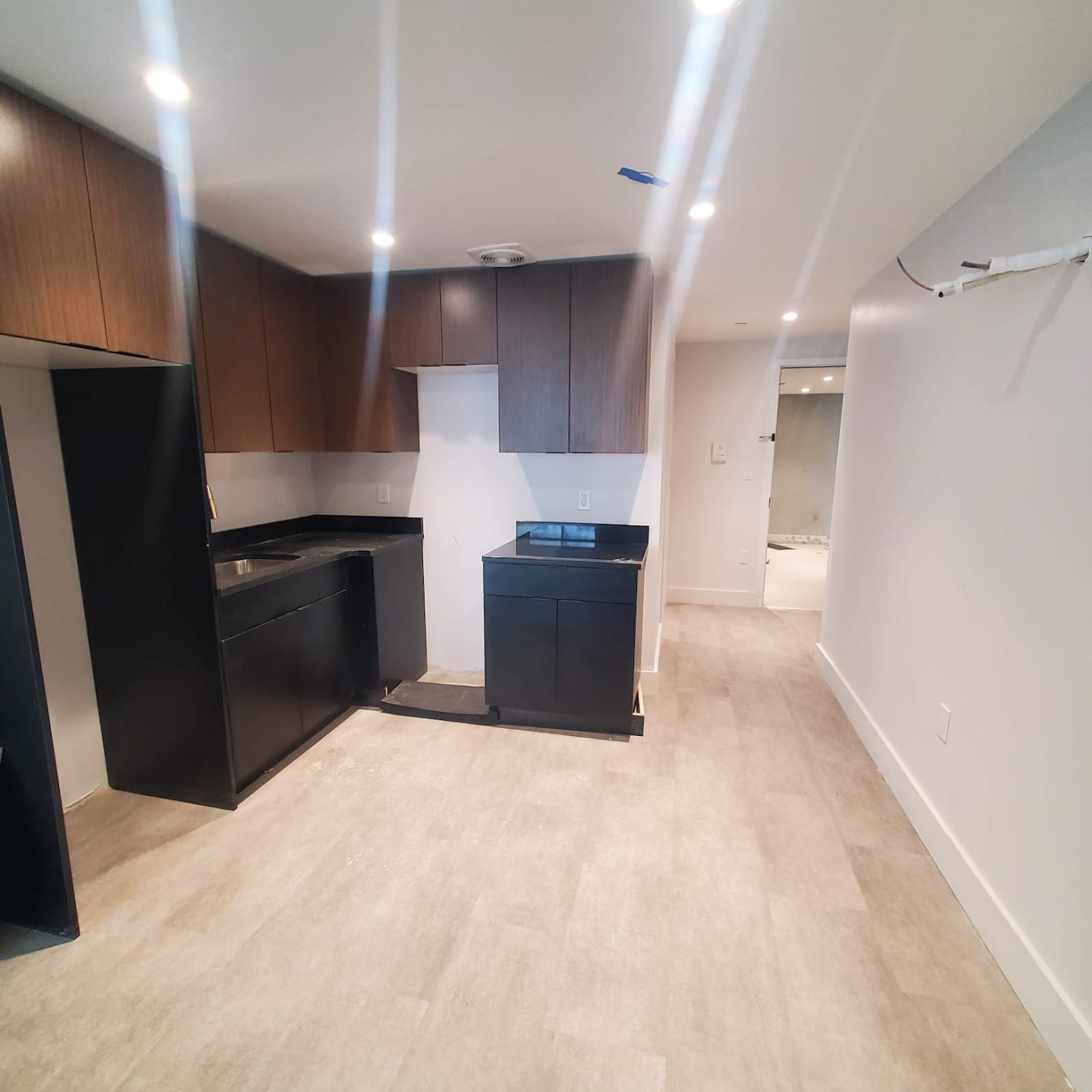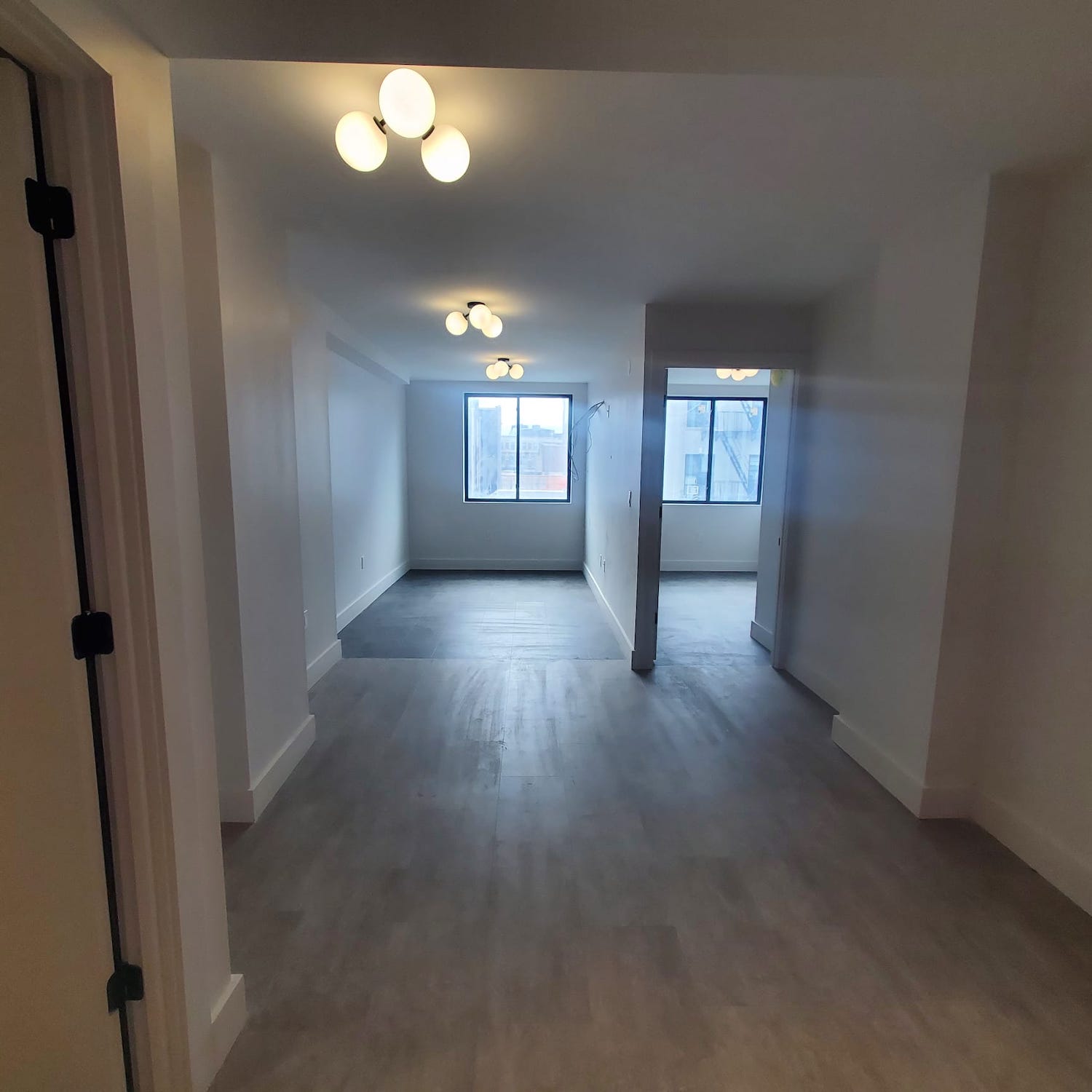Clinics Will Serve Over 6,000 New York City Public Schools Students Across Bronx and Central Brooklyn
Clinics Part of Adams Administration’s $5 Million Mental Health Continuum Partnership to Support Over 20,000 Students in South Bronx and Central Brooklyn
New York City Mayor Eric Adams and NYC Health + Hospitals today announced the opening of 16 school-based mental health clinics in New York City Department of Education (DOE) schools over the next six months to serve over 6,000 students across the Bronx and Central Brooklyn. Clinics will offer students access to individual, family, and group therapy, with connections to outpatient clinics and telehealth services as needed. Additionally, teachers and school staff will have access to mental health clinic staff for consultation, trainings, and workshops to ensure students are appropriately supported and referred to care. Schools will also receive support so they can respond to mental health crises without contacting 911 unnecessarily and avoid needless emergency room visits and hospitalizations. The 16 new satellite clinics build on the five existing mental health clinics that NYC Health + Hospitals already utilizes in the city’s public schools.
The new school-based mental health clinics are funded with $3.6 million from the Mental Health Continuum, a $5 million partnership between NYC Health + Hospitals, DOE, New York City Department of Health and Mental Hygiene (DOHMH), and Advocates for Children announced as part of the Adams administration’s mental health agenda, “Care, Community, Action: A Mental Health Plan for New York City.” The clinics also received a total of $700,000 in grants from the New York state Office of Mental Health through the Mental Health Outpatient Treatment and Rehabilitative Service Program.
“The stress, isolation, and anxiety of the COVID-19 pandemic pushed mental health to the forefront of the conversation for so many of us,” said Mayor Adams. “By investing in student mental health and delivering services right where young people need them most — in our public schools — we are building upstream solutions that will help us build a healthier city.”
“Family and youth mental health are key components of our overall plan to support mental health for all New Yorkers,” said Deputy Mayor for Health and Human Services Anne Williams-Isom. “We are creating a layered approach to supporting young people adding these clinics in the Bronx and Brooklyn to a combination of other touch points including our TeenSpace initiative offering free tele-mental health services to young people. Thank you to all our partners making this work happen.”
“Youth mental health is at a critical point and these new clinical services are needed now more than ever, especially in our schools,” said NYC Health + Hospitals Deputy Chief Medical Officer and System Chief of Behavioral Health Omar Fattal, MD, MPH. “These satellite clinics will provide a critical access point for students to get timely access to mental health services both inside of schools and at outpatient clinics. We are grateful to our partners and the New York state Office of Mental Health for making this happen.”
“Our city’s public schools are proud to partner with NYC Health + Hospitals, the School Mental Health Program in the Office of School Health, and the New York City Department of Health and Mental Hygiene on the Mental Health Continuum,” said DOE Chancellor David C. Banks. “Now, in its third year, over 50 schools in the South Bronx and Central Brooklyn have received access to expedited care for students struggling with mental health challenges through NYC Health + Hospitals clinics and Children’s Mobile Crisis Teams. Schools will also receive support to engage in whole school collaborative problem-solving, an approach to reduce challenging behavior, build skills, and strengthen relationships. We look forward to continuing this partnership and to building a stronger continuum of care to improve the provision of mental health services to students and families.”
“It will take all of us together to tackle our youth mental health crisis, and the expansion of school-based clinics is an important step to do just that,” said DOHMH Commissioner Dr. Ashwin Vasan. “Reaching students where they spend so much of their time and supporting school staff will help improve access and reduce stigma. I look forward to continued work across agencies to create opportunities for the next generation to succeed.”
“In light of the concerning state of youth mental health in New York City, the Mental Health Continuum's collaboration is a timely and crucial step in connecting students to essential mental health supports and services,” said Mayor’s Office of Community Mental Health Executive Director Eva Wong. “This initiative also recognizes the important role of teachers and school staff in supporting young people’s mental health by providing them with consultation, training, and psychoeducation. This marks a significant step in the city’s ongoing efforts to address mental health disparities and foster supportive environments to strengthen the mental health of youth and their families across the city.”
“This important multi-agency collaboration will expand access to mental health services to some of the New York City communities hit hardest by the COVID-19 pandemic,” said NYC Health + Hospitals Director of Child and Adolescent Behavioral Health Growth and Strategy Jennifer Havens, MD. “We welcome the opportunity to reach kids and families where they are, when they need us.”
In addition to the 16 new school-based satellite clinics, an additional 34 schools will have access to rapid referrals for evaluation and treatment directly into NYC Health + Hospitals outpatient mental health clinics. In total, this program will serve over 20,000 students across 50 schools in the South Bronx and Central Brooklyn.
The 16 schools that will host mental health clinics were identified through an ongoing collaborative and data-driven effort to identify schools with the highest needs across the city, particularly schools without on-site mental health services or community partnerships with mental health clinics. This model aims to meet the needs of students with significant mental health challenges in the schools and neighborhoods with the highest rates of New York City Police Department school interventions, suspensions, and chronic absenteeism.
NYC Health + Hospitals will open mental health satellite clinics in the following schools throughout the next year:
The Bronx
- Mott Hall III
- S. X140 The Eagle School
- Port Morris School of Community Leadership
- PS 035 Franz Siegel
- PS 063 – Author’s Academy
- PS 277X
- South Bronx Preparatory
Brooklyn
- All City Leadership Secondary School
- Brighter Choice Community School
- Evergreen Middle School for Urban Exploration
- Kappa V: Knowledge and Power Preparatory Academy
- MS K394
- Parkside Preparatory Academy
- PS 041 Francis White
- PS/IS 384 Frances E Carter
- The Brooklyn Green School
The Adams administration has taken repeated action to tackle the youth mental health crisis. Last year, Mayor Adams announced that the city launched TeenSpace, a free tele-mental health service available to all New York City teenagers, between the ages of 13 and 17 years old, that allows teenagers to connect with a licensed therapist through phone, video, and text. In the three months of operation, TeenSpace has served over 6,000 youth across the five boroughs.
In addition to the city's work supporting New York City youth in crisis through DOHMH and NYC Health + Hospitals programming, DOE has devoted significant resources to combatting students' addiction to social media and the many resulting harms, including by responding to cyberbullying occurring outside of class, providing counseling for anxiety and depression, and developing curricula about the effects of social media and how to stay safe online.
In March 2023, the Adams administration launched “Care, Community, Action: A Mental Health Plan for New York City,” a mental health plan focused on improving the mental health of children and young people. Following the plan's release, the city convened more than 150 advocates, researchers, technologists, mental health providers, community-based organizations, and caregivers, in partnership with New York City youth, to lay out potential pathways for action to protect the mental health of children and youth. The convening provided the recommendations that built the foundation for the city’s social media action plan, announced in February 2023, that outlined New York City's commitment to protect the mental health of young New Yorkers and empower them to use these technologies in ways that are less harmful. Mayor Adams also announced a lawsuit against companies that operate five social media platforms — TikTok, Instagram, Facebook, Snapchat, and YouTube — for fueling a nationwide mental health crisis among young people, joining hundreds of school districts from across the country in filing litigation seeking to force tech giants to change their behavior and to recover the costs of addressing this public health threat.



